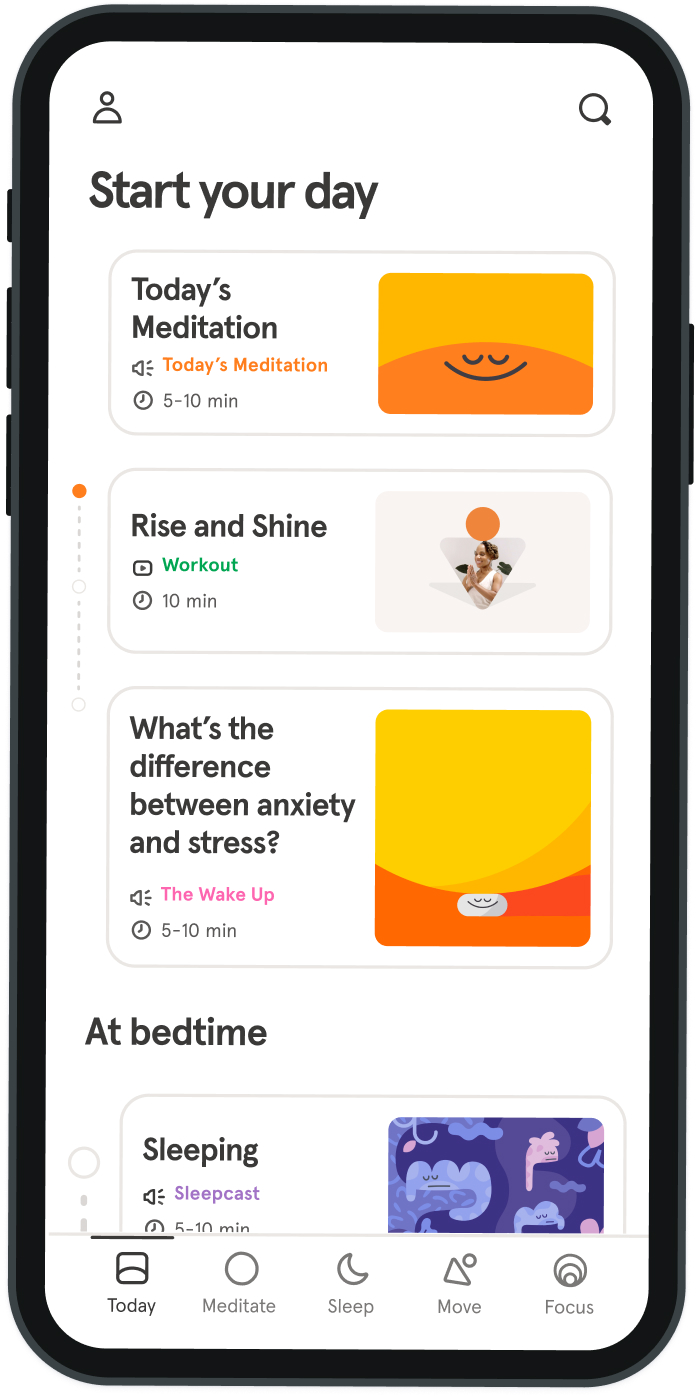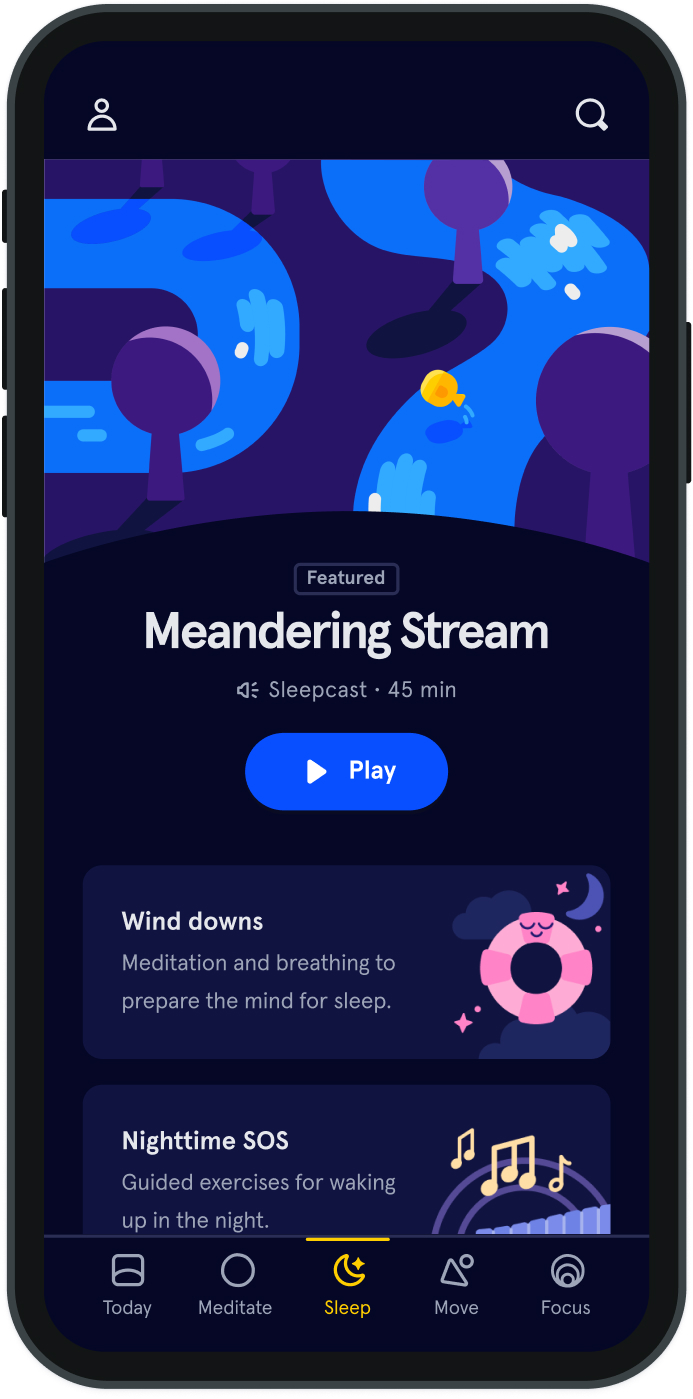Why more ambitious goals are more likely to help
I’ve been making lists of goals for as long as I can remember. Sorting through old boxes in my childhood bedroom turned up scraps of paper scribbled with long-forgotten resolutions (I’m still working on saving up that $1,000,000,000 I imagined as a kid).
On the current list: finish writing the first draft of a novel and increase my freelancing income. A career coach helped me work out a detailed plan last fall, and I started out the year eager to hustle for more writing gigs and spend quiet evenings typing at my manuscript. The reality hasn’t always gone as smoothly as I’d hoped. A toddler with a contagious tummy bug can take an entire household down. A steady client abruptly stopped hiring freelancers. When my word count or income didn’t quite match the monthly targets I’d set, it was hard not to feel discouraged. Would backing down in favor of easier-to-hit goals, or even pledging to take baby steps, improve my chances of success? Search for “goal-setting,” and you’ll quickly discover that people are split over which goals work best. Some people advocate aiming high. “Shoot for the moon,” the saying goes. “Even if you miss, you’ll land among the stars.” Others favor the slow and steady approach, arguing that the reward of meeting one small target spurs you on to the next.
Goal-setting theory developed in 1990, with researchers working to understand which side has it right. According to the authors of “New Developments in Goal Setting and Task Performance”, “There is a linear relationship between the degree of goal difficulty and performance … Specific, difficult goals lead to higher performance than no goals as well as vague, abstract goals such as ‘do your best.’” That’s not to say there isn’t a place for smaller steps toward that difficult goal. Kristin Backstrom, a business psychologist at the Centers for Motivation, draws on research-supported processes to help clients develop a strategy to meet their goals. “While often I begin with someone who may want to work on a specific issue, sometimes they may not have anything specific in mind but recognize they want to make a change. We explore what their personal and professional values are and where they see opportunities that they’re not capitalizing on,” Backstrom says. “It’s a great opportunity to start thinking about the distinction between short-term, attainable goals and big, audacious goals.” Goal-setting theory says small goals work better to motivate you to learn a new skill, for example. Never meditated before? Committing to a 10-minute session offers an easy intro. [__E_ditor’s Note: if you’ve never meditated, watch this first.__]_ As you build skills and a stronger commitment to mindfulness, you might choose a tougher challenge, like making meditation a daily habit for a month or longer.
Making meditation a habit is challenging.
Your level of commitment to a goal may be the most important factor in determining your path to success. The stronger your commitment, the more ambitious you may be. In some cases, falling short of a goal can even increase your motivation, a 2014 study in Motivation Science found. If the goal is a high priority for you, realizing there’s a long way left to go can be the kick in the pants you need. If your commitment isn’t as strong (one example the researchers gave was studying for a minor quiz versus a final exam), focusing on the effort you’ve already put in works better to keep you moving. “Persistence and commitment is like exercise,” Backstrom says. “It takes cognitive effort to stay focused, and the more you practice, the better you get. But if you try to do too much at one time, you’re not likely to succeed at any of the things that you’re doing.” A high goal also drives you to cut out more distractions to reach it. Aiming for a completed novel pushes me to commit to weekly writing sessions at the library, sign up for a retreat, and squeeze in time for a few hundred words before succumbing to Netflix in the evenings. A smaller goal wouldn’t command the same level of effort. But what about those times that I fall short? “Everyone gets a pass once in awhile, but if it’s a pattern, I ask them, ‘How does this behavior serve you? Is this something that got away from you or is this deliberate?’ It comes back to accountability and responsibility,” Backstrom says. The reminder to cut down on distractions to focus on priorities is an important reality check. Part of the fun of setting new goals is the feeling of unlimited potential. This probably isn’t my year to plant a vegetable garden or learn to make bread. Reaching for an ambitious goal takes a lot of work, but if you’ve chosen a goal that you truly care about, it’ll be worth it.



Be kind to your mind
- Access the full library of 500+ meditations on everything from stress, to resilience, to compassion
- Put your mind to bed with sleep sounds, music, and wind-down exercises
- Make mindfulness a part of your daily routine with tension-releasing workouts, relaxing yoga, Focus music playlists, and more
Meditation and mindfulness for any mind, any mood, any goal

Stay in the loop
Be the first to get updates on our latest content, special offers, and new features.
By signing up, you’re agreeing to receive marketing emails from Headspace. You can unsubscribe at any time. For more details, check out our Privacy Policy.
- © 2025 Headspace Inc.
- Terms & conditions
- Privacy policy
- Consumer Health Data
- Your privacy choices
- CA Privacy Notice
